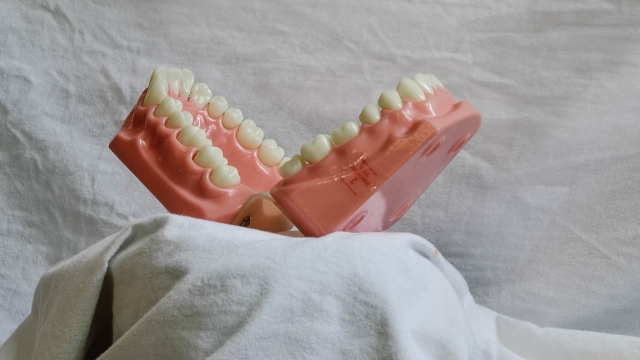The Importance of Regular Dental Check Ups Maintaining optimal

Maintaining optimal oral health is an essential aspect of overall well-being, and preventive dental care plays a crucial role in achieving this goal. By focusing on proactive measures to prevent dental issues, individuals can significantly reduce the risk of cavities, gum disease, and other oral health concerns. This article discusses the importance of regular dental check-ups, effective daily oral hygiene practices, and dietary choices that support dental health, helping readers understand how to incorporate these practices into their daily routines.
The Importance of Regular Dental Check-Ups
One of the cornerstones of preventive dental care is the commitment to regular dental check-ups. Visiting a dentist for routine examinations allows professionals to identify potential problems early, often before they become more serious and costly to treat. During these visits, dental professionals perform thorough cleanings, assess the condition of your teeth and gums, and provide personalized recommendations based on your oral health needs.
Moreover, regular check-ups are an opportunity to receive professional advice on maintaining good oral hygiene practices and addressing any specific concerns you may have. This proactive approach not only helps in preventing dental issues but also fosters a strong relationship between the patient and the dental care provider, contributing to a more comprehensive understanding of individual oral health.
Daily Oral Hygiene Practices for Preventive Care
In addition to regular dental visits, effective daily oral hygiene practices are vital for maintaining healthy teeth and gums. Here are some essential practices to incorporate into your routine:
Brushing Techniques
Brushing your teeth at least twice a day is fundamental to effective oral hygiene. Use a soft-bristled toothbrush and fluoride toothpaste to gently clean your teeth for at least two minutes. Make sure to brush all surfaces of each tooth, including the outer, inner, and chewing surfaces. Consider using an electric toothbrush, which can help ensure a consistent and thorough cleaning.
Flossing Effectively
Flossing is equally important for preventive dental care. It helps remove plaque and food particles from between teeth and along the gum line, areas that a toothbrush may not reach effectively. Aim to floss daily, using a gentle sawing motion to avoid damaging your gums. If traditional floss is difficult to maneuver, consider floss picks or water flossers, which can make the process easier and more enjoyable.
Incorporating Routine
To make these practices a seamless part of your daily routine, try to establish a consistent schedule. For example, brush your teeth first thing in the morning and before bedtime, while setting a specific time each day to floss. Associating these tasks with other daily habits, such as after meals or during your shower, can help reinforce the importance of maintaining good oral hygiene.
Diet and Its Impact on Dental Health
What you eat plays a significant role in your dental health. A balanced diet not only supports overall health but also helps in preventing dental problems. Here are some dietary recommendations to promote healthy teeth and gums:
Limit Sugary Foods and Drinks
High sugar consumption is a primary contributor to tooth decay. Bacteria in your mouth feed on sugar, producing acids that erode tooth enamel. To minimize this risk, limit sugary snacks and beverages, opting for healthier alternatives like fruits, vegetables, and whole grains. If you do consume sugary items, try to do so during meals rather than as snacks, as this can reduce the time your teeth are exposed to harmful sugars.
Choose Nutrient-Rich Foods
Incorporating foods rich in calcium, phosphorus, and vitamins can strengthen your teeth and bones. Dairy products, leafy greens, and nuts are excellent sources of these nutrients. Additionally, crunchy fruits and vegetables, such as apples and carrots, can help stimulate saliva production, which naturally helps in cleaning the mouth and neutralizing acids.
Conclusion
Prioritizing preventive dental care is essential for maintaining not only a healthy smile but also overall health. By committing to regular dental check-ups, practicing effective daily oral hygiene, and making wise dietary choices, individuals can significantly reduce their risk of dental issues. Start incorporating these practices into your daily routine today, and take charge of your oral health for a brighter, healthier future. For more information on preventive dental care, visit Inspo Dental.


